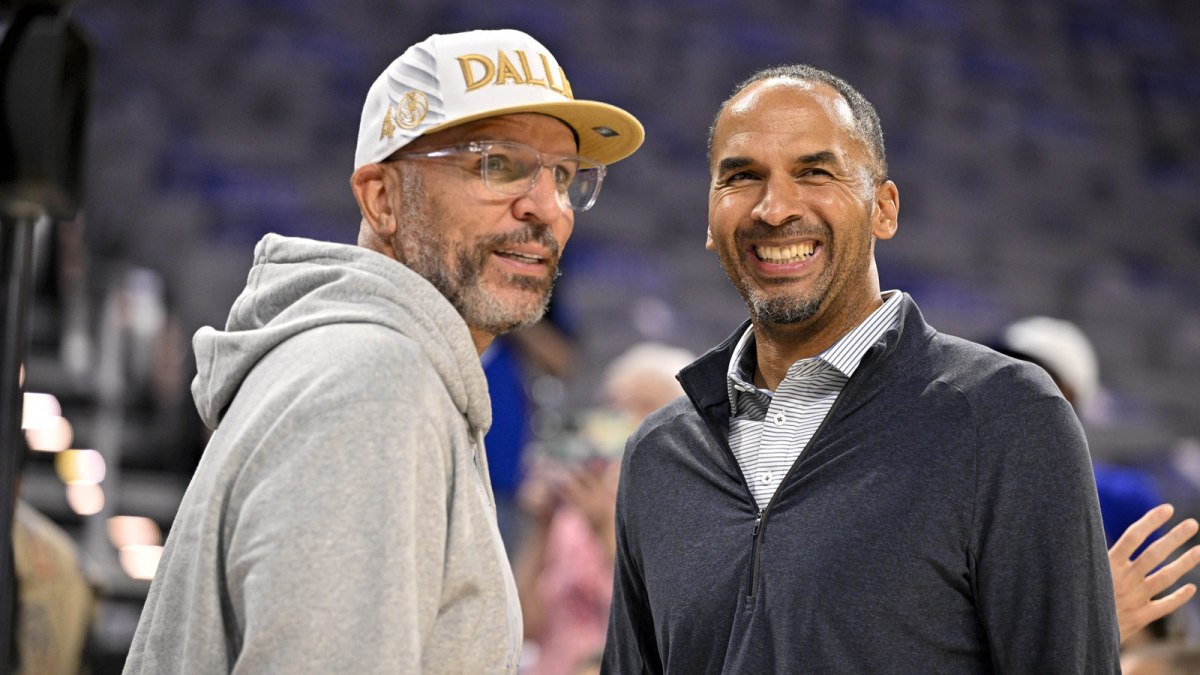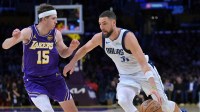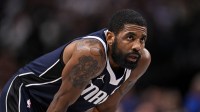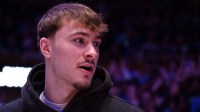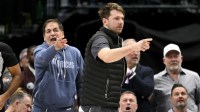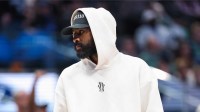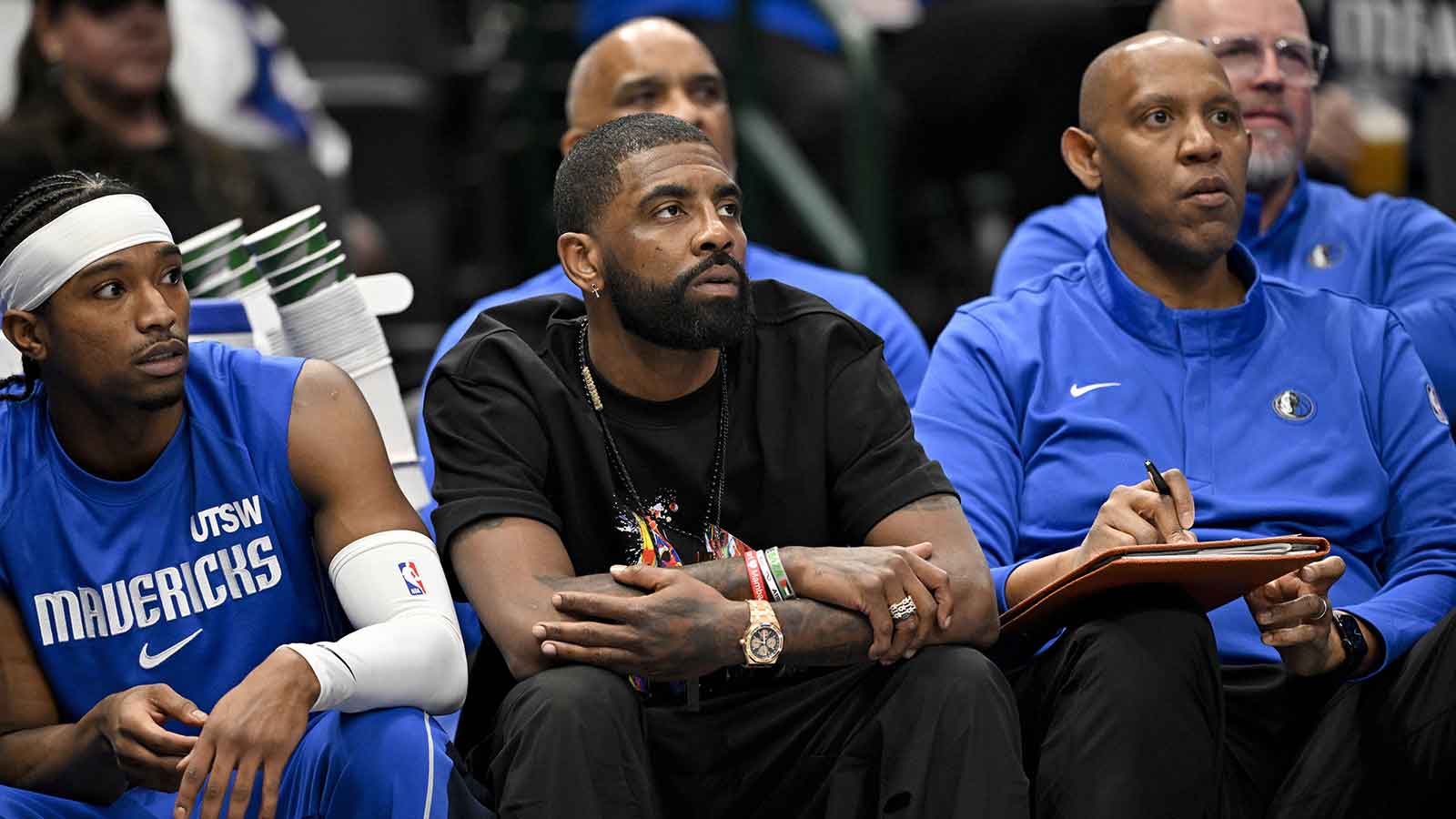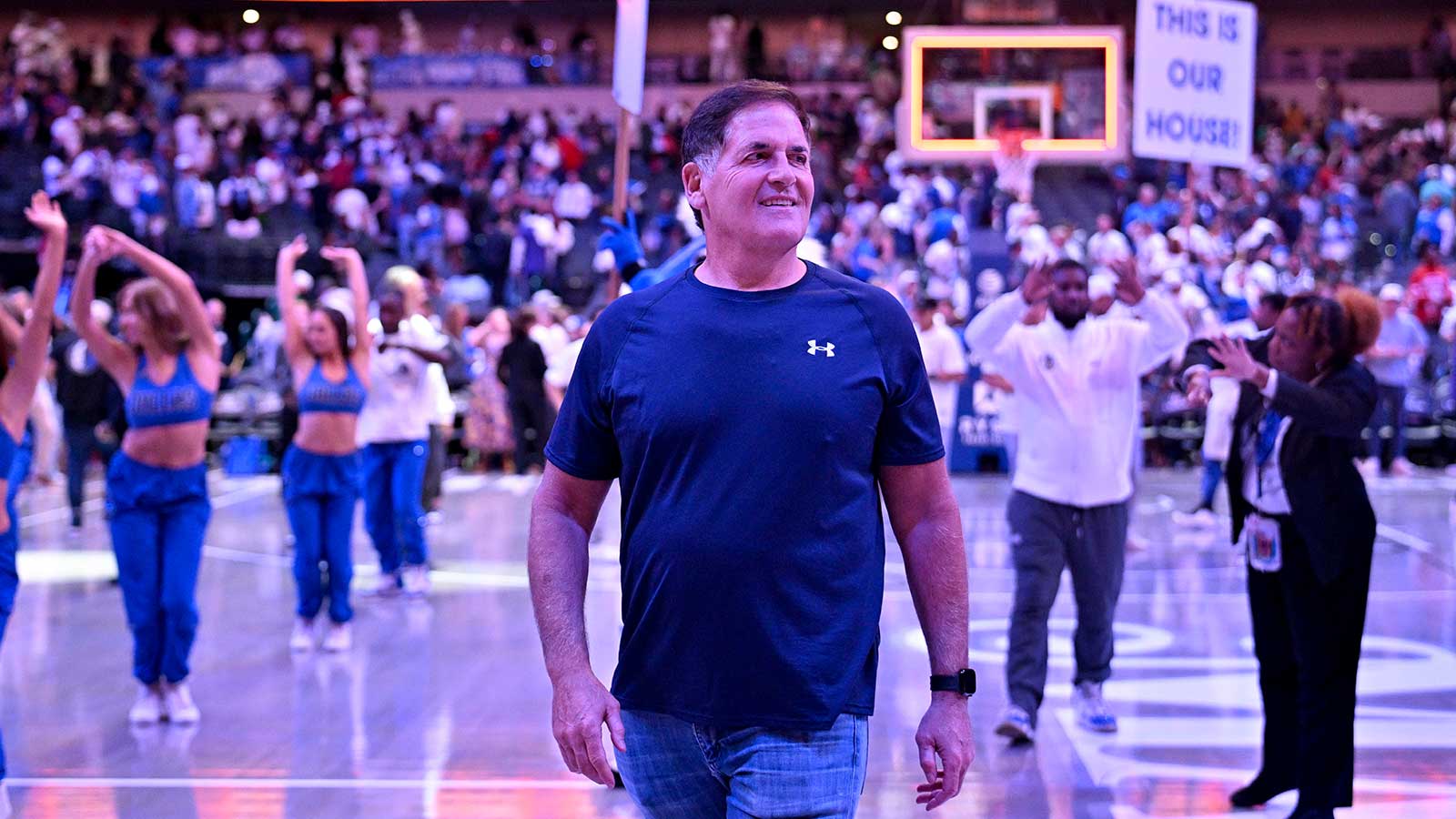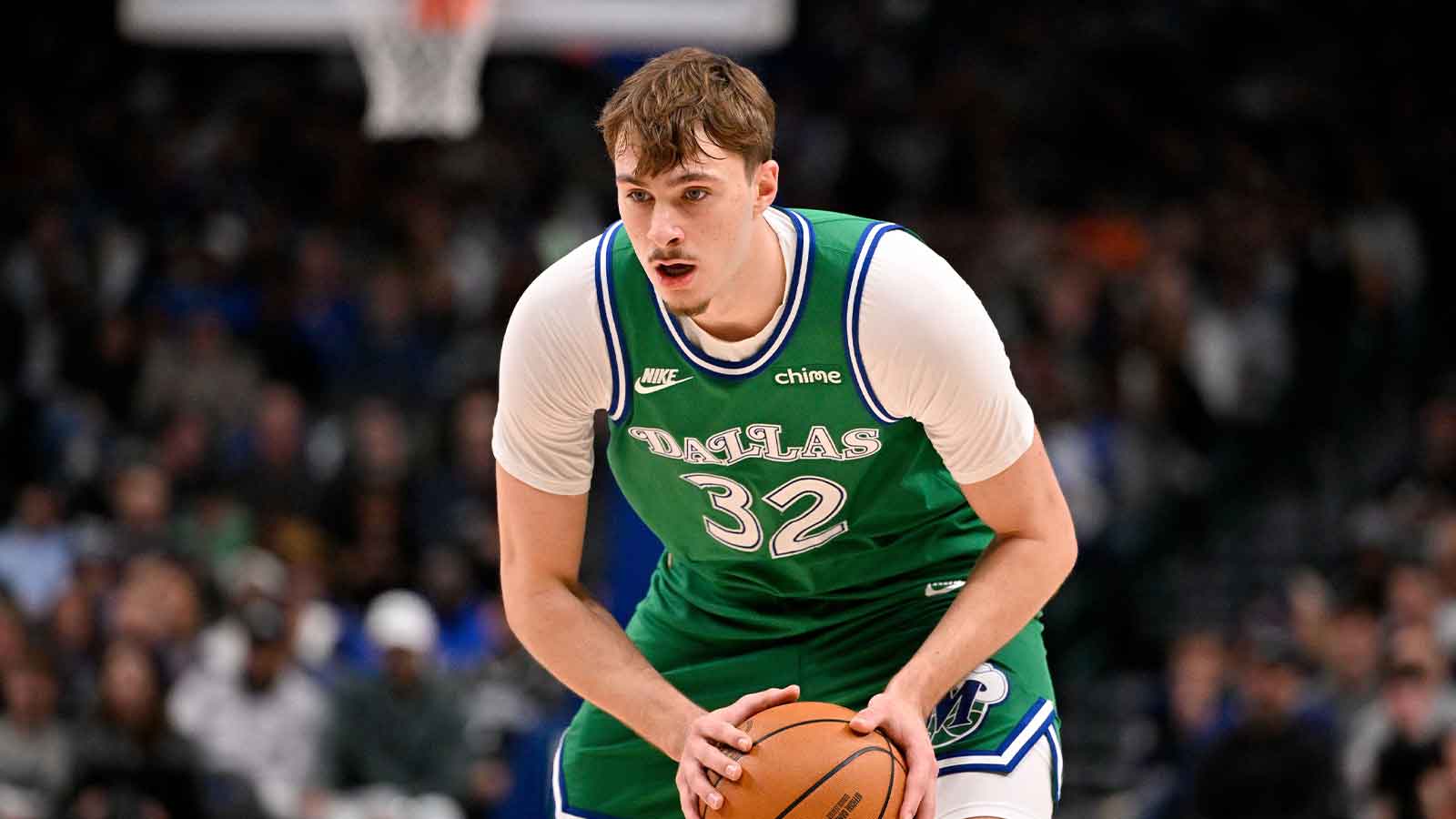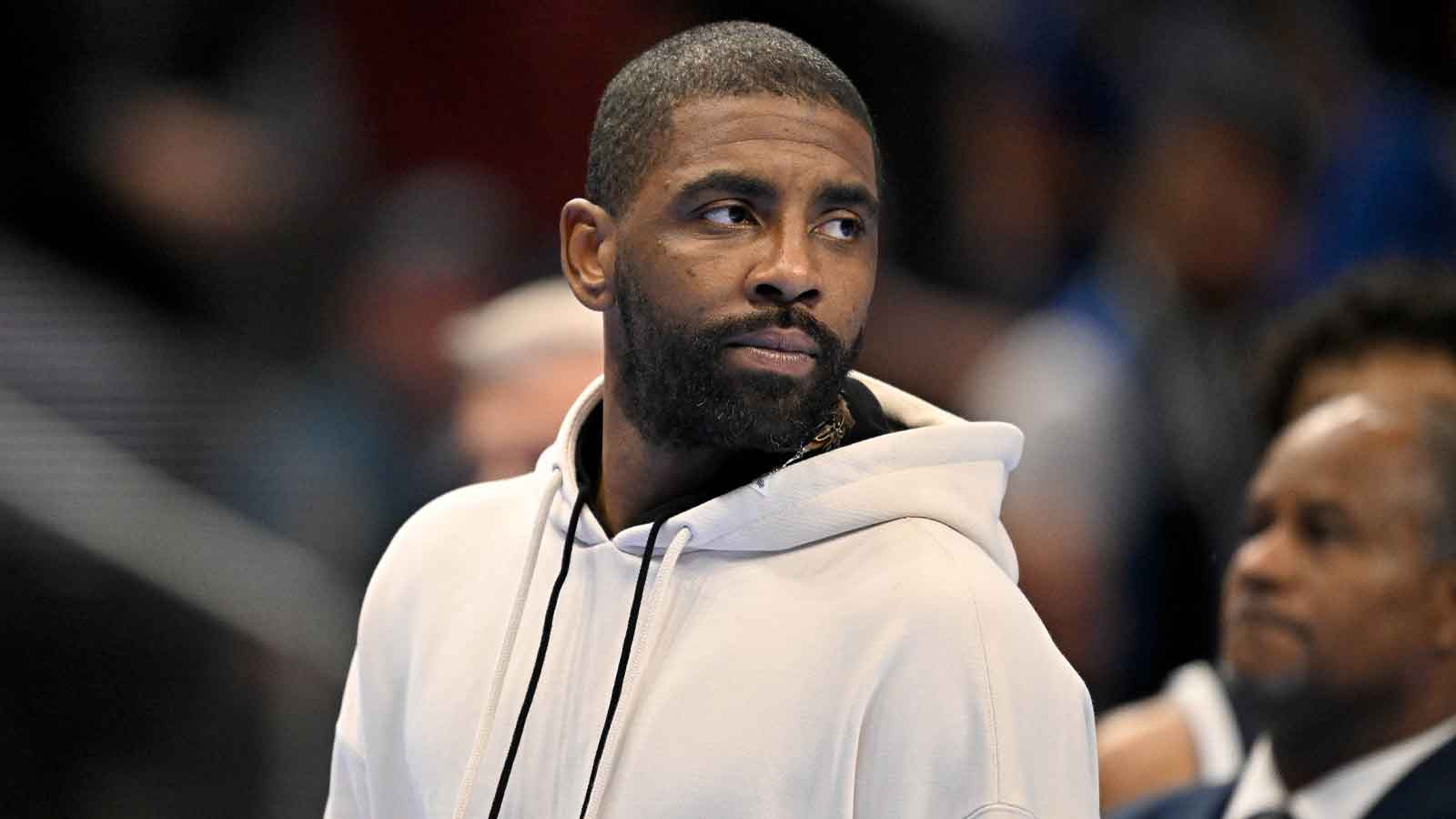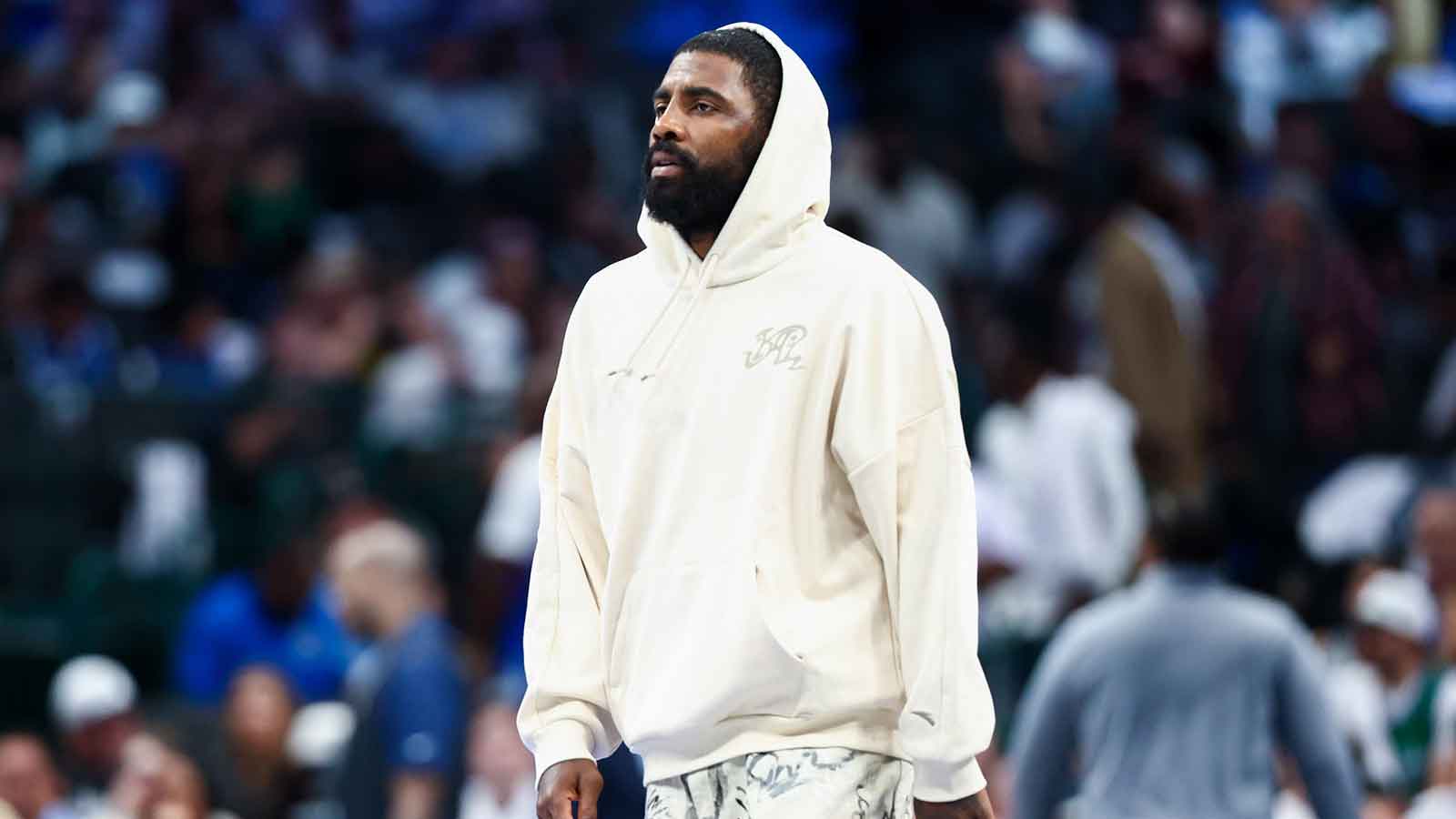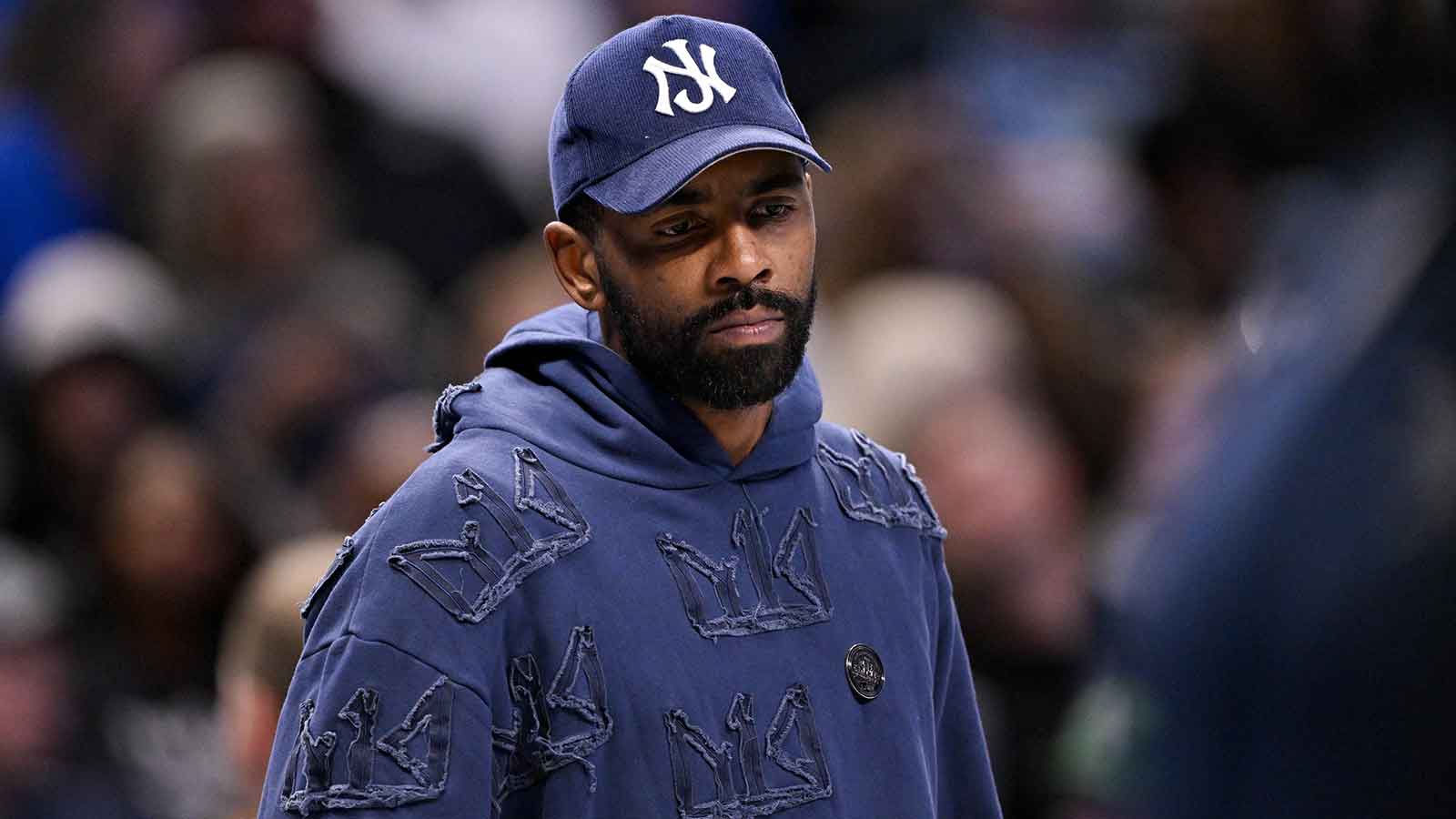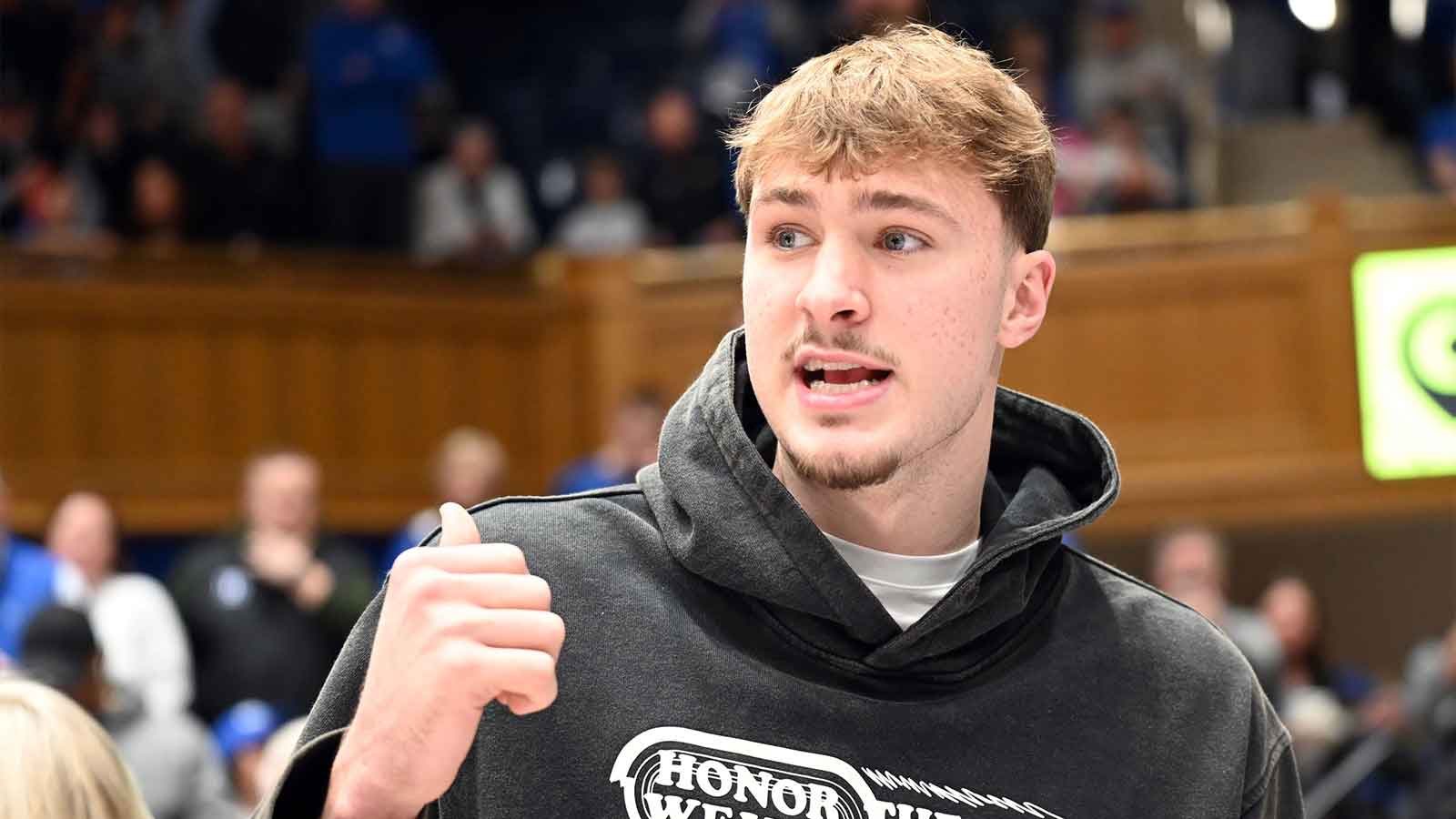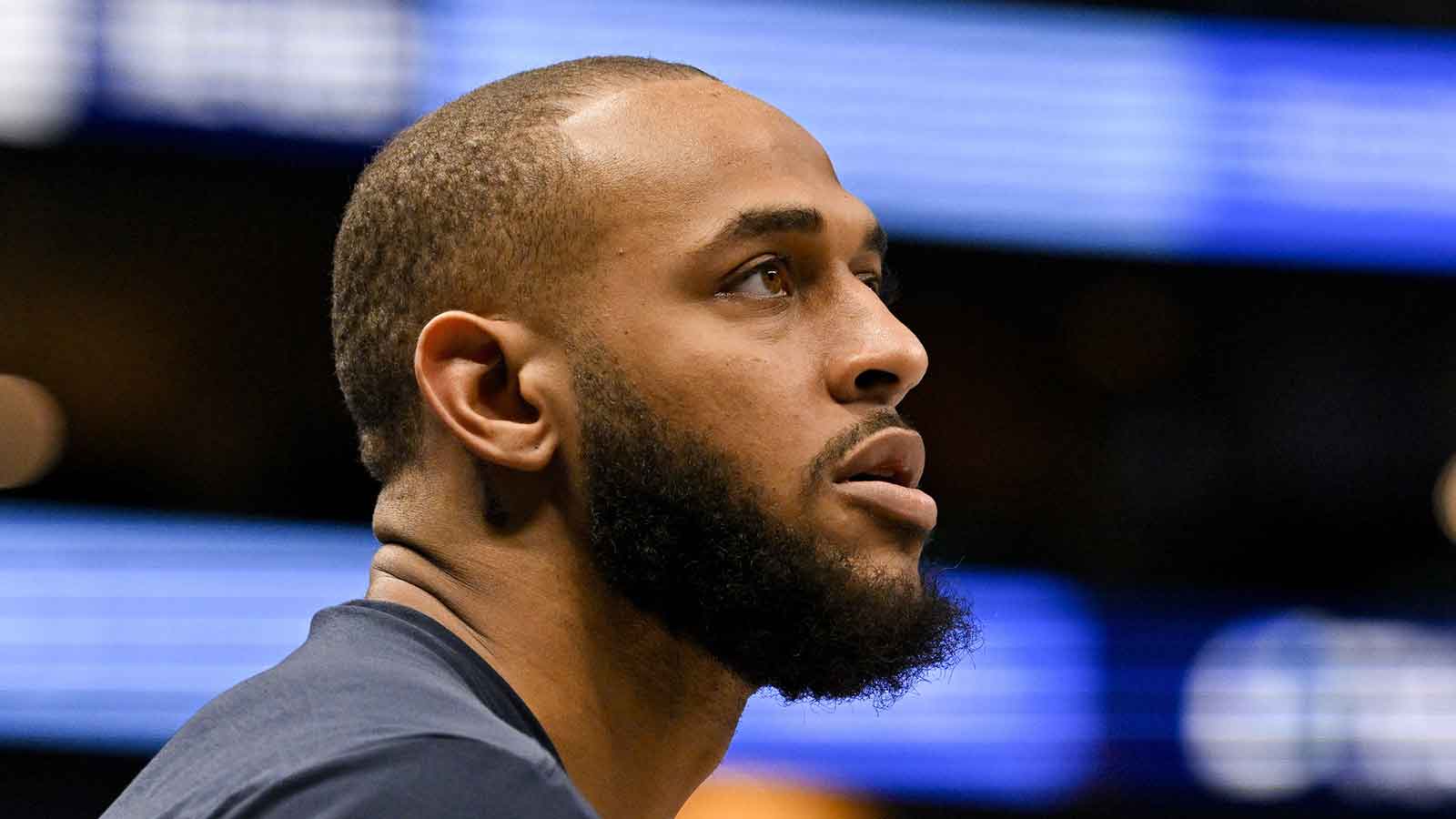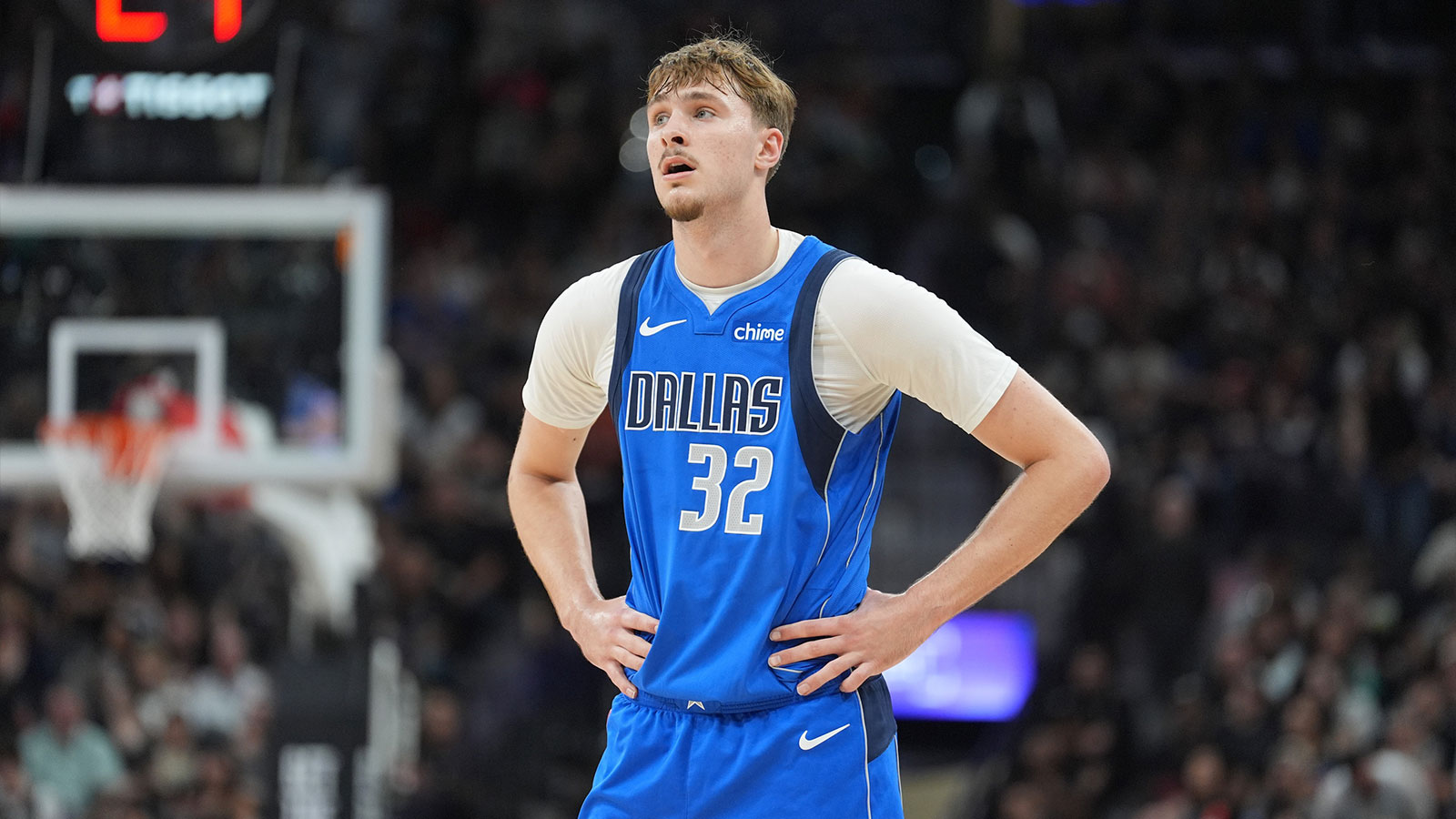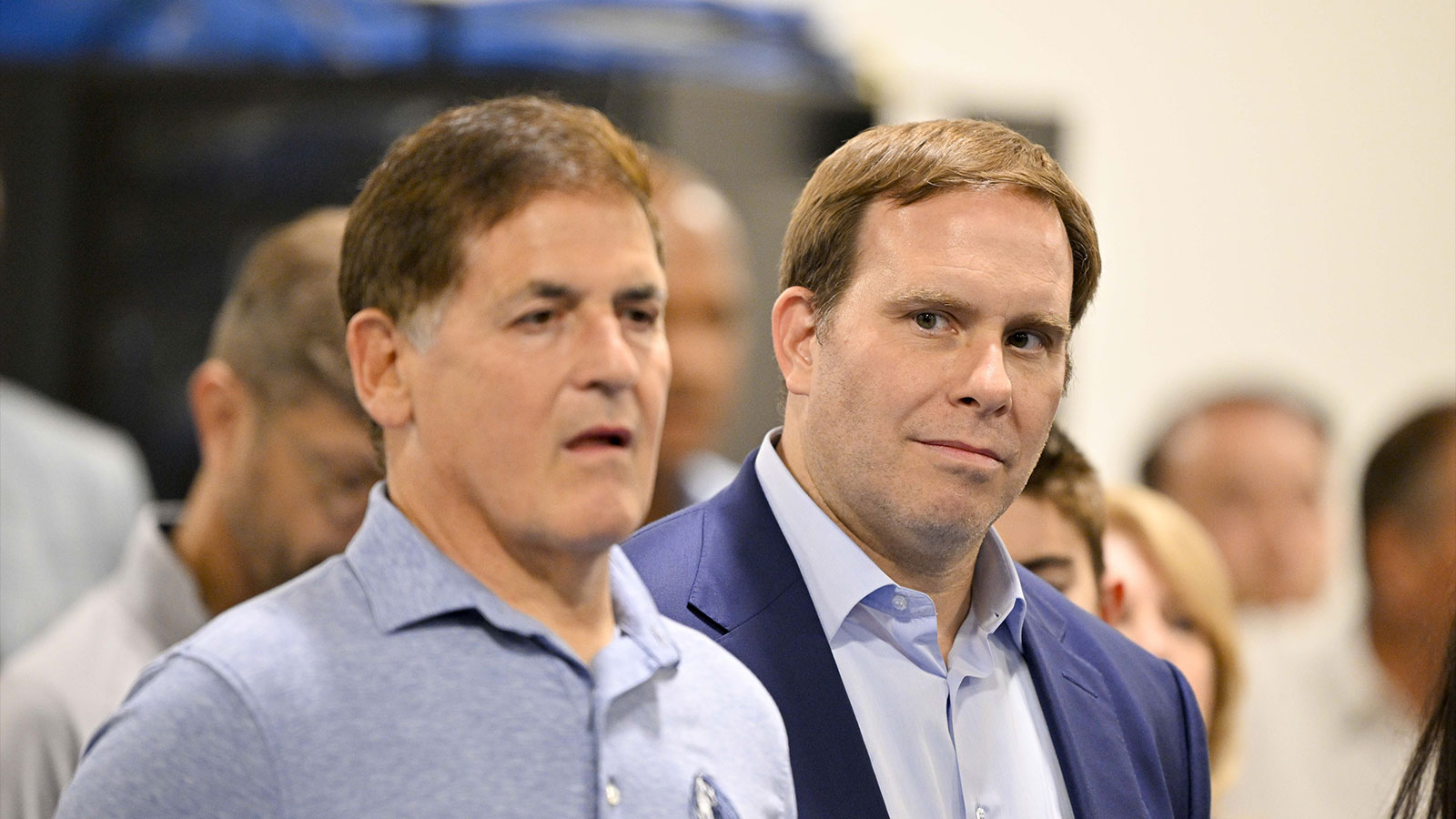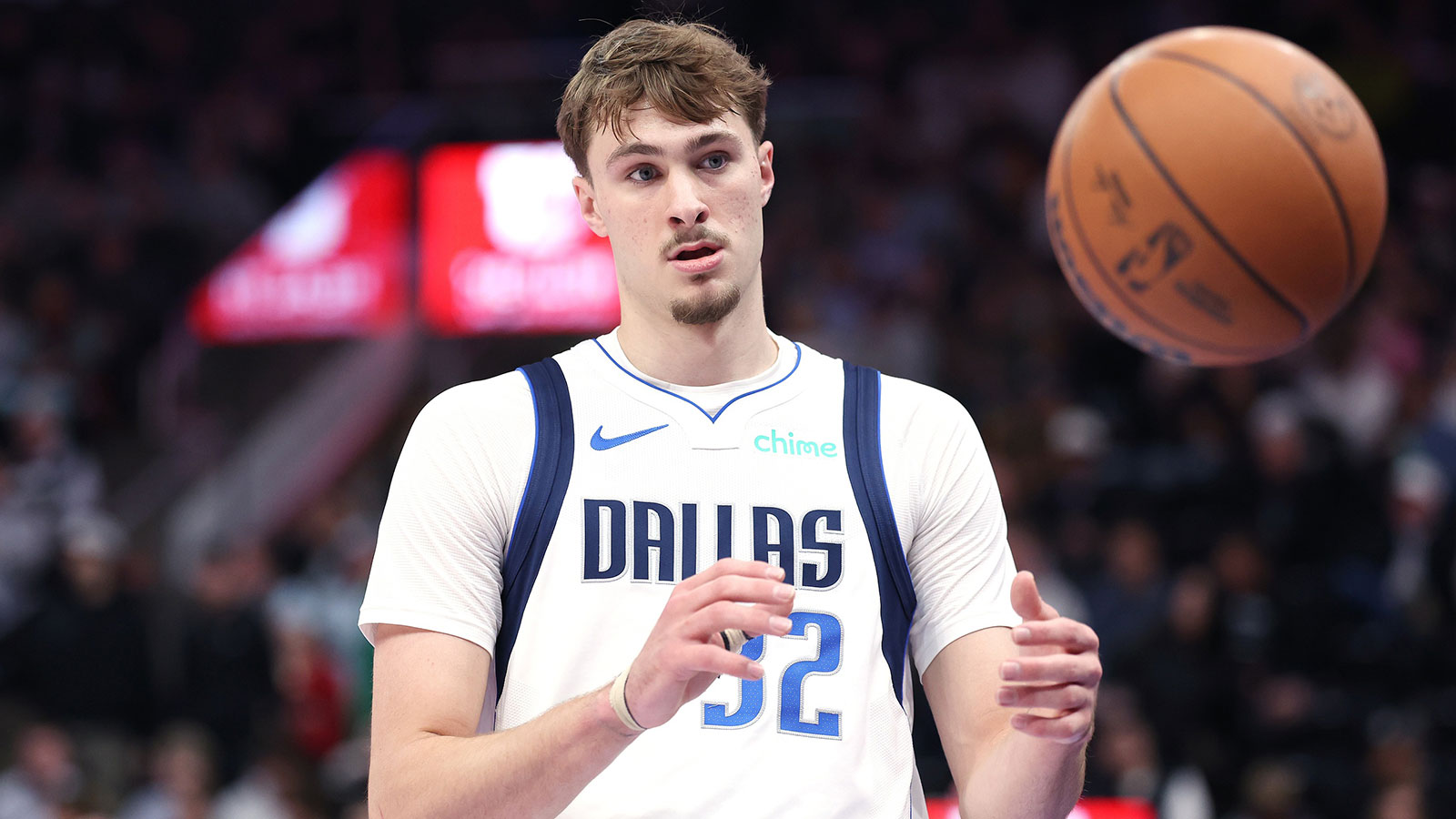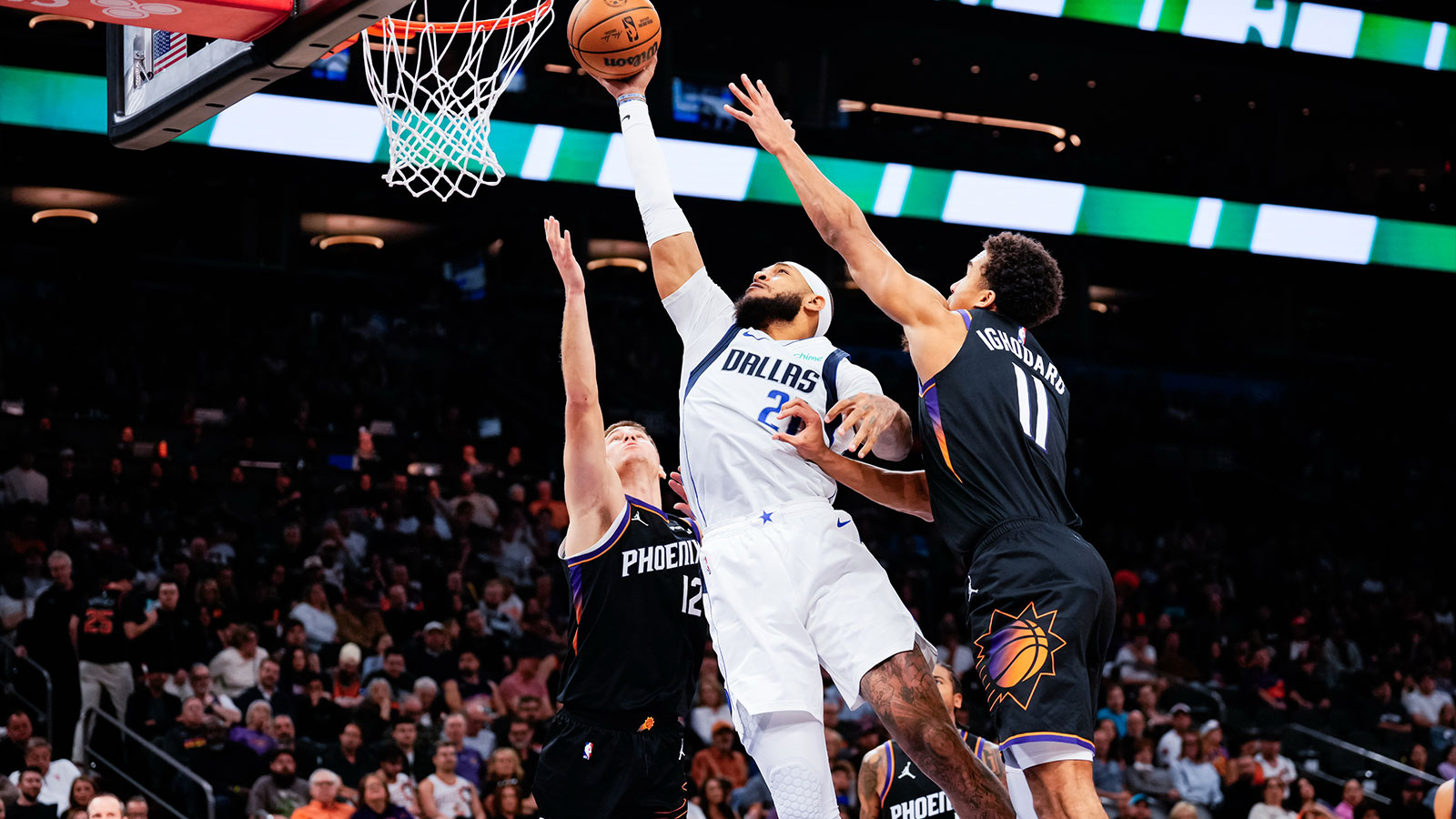The Dallas Mavericks never expected such a dramatic front-office shift. Mark Cuban didn’t expect it either, and the fallout from the Nico Harrison firing only exposed how much his influence had already faded. Now the Mavericks stand at a pivotal GM crossroads shaped by decisions made long before anyone realized how much authority had slipped from Cuban’s grasp. The front office looked stable from the outside, but it was already shifting behind the scenes, and Cuban realized the truth only after every move was locked in.
The first signs came the night the sale of the Mavericks went public. Mark Cuban addressed players and coaches after a home win over Houston. He assured them that nothing in their day-to-day operations would change. He believed the promise that he would continue to control basketball decisions even as a minority shareholder. But Harrison had already begun reshaping the front-office structure during the 2023–24 season. He quietly persuaded the incoming ownership group that a cleaner chain of command served the franchise better than dual reporting.
That pitch landed. Bit by bit, Cuban’s role shrank in ways he didn’t fully see at the time. By November 2024, he admitted publicly that he no longer held the authority he once assumed. It was a rare acknowledgment that the franchise he had steered for nearly a quarter century was no longer his to guide.
How a quiet Mavericks shift set the stage for today’s turmoil
League sources say the February 2024 trade for P.J. Washington was the last transaction Cuban meaningfully influenced. Months later, the Mavericks shut him out of the 2025 draft war room while celebrating the stunning lottery win that delivered Flagg. And after the Nico Harrison firing, that exclusion looked even more like the true turning point.
Now, with Harrison out and the Mavericks GM search underway, Dallas faces a question bigger than one hire: what kind of identity will the franchise build after the quiet power shift that remade everything?

